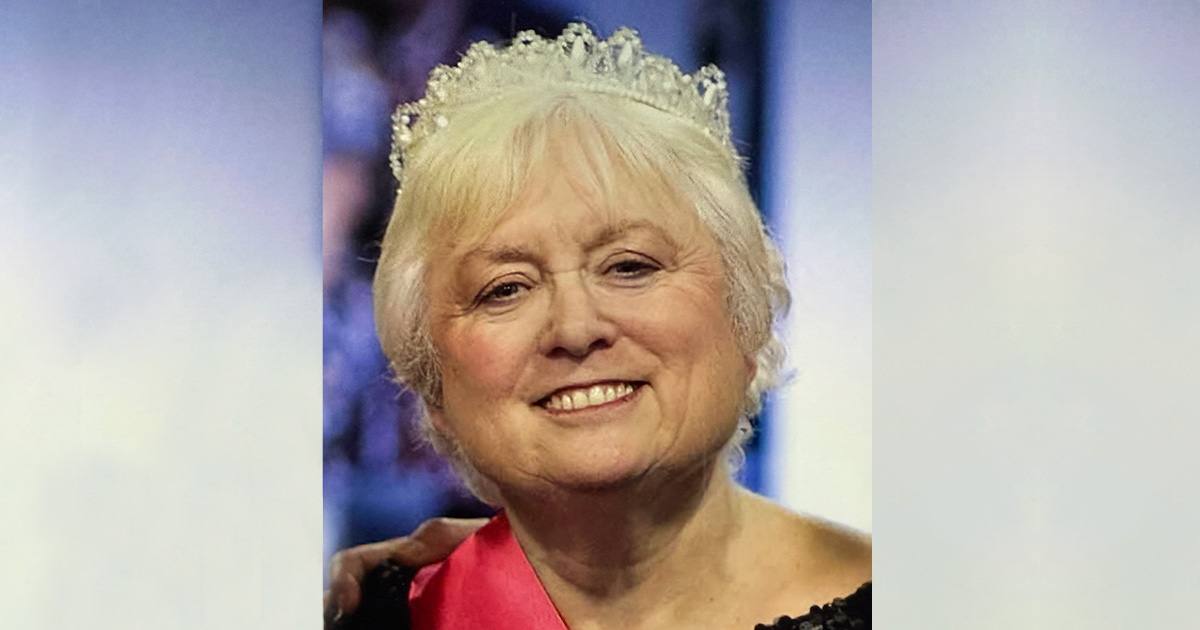Prior to the modernisation of the NHS (which began with the NHS Plan [Department of Health, 2000] and proceeded with the new General Medical Services contract for GPs and the Quality and Outcomes Framework) many GPs did not have the time or the inclination to provide diabetes care within their practice as there was no incentive, financial or otherwise, to do so. Many acute diabetes services (in the first authors’ past and present experience) had tried various strategies to discharge patients to their GPs but failed to do so because the level of diabetes knowledge was insufficient to ensure that they would receive appropriate care.
The service user has voiced concerns regarding being cared for in the acute setting (Audit Commission, 2000). These included frequently cancelled appointments and not being seen by the same healthcare professional routinely. Therefore, the authors believe that there exists clear reason to shift care of the person with diabetes mainly into the primary care setting.
This article describes the process adopted by the authors and their colleagues in Enfield Primary Care Trust (PCT) to ensure that service users repatriated to their GP for their diabetes care followed an agreed structured and safe pathway. This process would not have been successful without the close collaboration between the consultant diabetologist (based at North Middlesex University Hospital [NMUH]) and primary care based nursing team (which consists of the authors and a diabetes specialist nurse). Owing to nervousness on the part of the consultant – she had provided diabetes care to this group of people for many years – it was agreed that an audit would be carried out to ensure the quality of service provided. The audit would be carried out 6 to 8 months after individuals were discharged from the acute setting.
Population profile of the London Borough of Enfield
The London Borough of Enfield is located 12 miles north of central London and, in 2005, had a population of 280 500 (London Borough of Enfield, 2005). It has a large population of 0–14 (n=54 900) and over-75-year-olds (n=17 400) in comparison to the rest of London. Enfield has a diverse ethnic mix with the top five non-English languages being Bengali, Greek, Gujarati, Somali and Turkish. Life expectancy is good in Enfield, being higher than the national average (London Borough of Enfield, 2005).
Repatriation process
The repatriation process was agreed by management personnel within both the NMUH and Enfield PCT. The Edmonton locality was chosen as the pilot area as it was deemed to have the largest need. A baseline audit was carried out within each of the 23 practices in Edmonton that elicited the following information.
- Practice population that has diabetes (including those attending NMUH).
- Existence of an active practice diabetes register.
- Staff resources, including practice nurse hours worked.
- The surgery’s environment and available equipment.
- The level of current care delivered, including whether a designated clinic is provided and if it initiates insulin.
- Diabetes knowledge of the GPs and practice nurses, and whether any training needs were identified.
- Agreement to take people with stable diabetes back from the acute setting.
- Agreement to allow audit of service users repatriated to practice within 6–8 months of discharge from NMUH.
The audit revealed that the prevalence of diabetes ranged from 2.75% to 5.7% across all the GP practices in the Edmonton area.
Each practice was categorised as either suitable or unsuitable to receive people with diabetes back into its care depending on the information gathered by the audit. The consultant diabetologist is regularly kept up-to-date with a list of the suitable practices.
The consultant diabetologist identified all people that she felt could be safely discharged and repatriated to primary care by searching through individuals’ case notes (see Figure 1 for a flow chart detailing the repatriation process). As this can be a tortuous task an audit form was developed to assist in this process.
All those people with complex needs (such as for renal or vascular complications) remain with the specialist team at NUMH. Every individual identified for repatriation is sent a letter from the consultant explaining the new arrangements and informing him or her that future diabetes care would be delivered by his or her primary care team. A copy of the Diabetes UK leaflet What care to expect (Diabetes UK, 2006) is also sent with each letter. Every practice receive a copy of the letter to alert them as to which individuals would require follow-up care. As this is an ongoing process practices do not receive more than one or two people per week back into their care.
Financial benefits
This process commenced in February 2006. By the end of May, 220 people had been successfully repatriated to primary care. To date, only one individual has challenged the transfer process and remained within the acute setting. Such transfer of care is not without controversy: it means that money needs to be redistributed. This is currently why acute service providers of diabetes care are feeling very unsure about the future.
In April 2006 the DoH set the new tariffs for outpatient appointments (Department of Health, 2006). Each new referral costs a PCT £241 and each follow up appointment costs £88. If we estimate that an individual will have four follow-up appointments within a 12-month period with one or all of the members of the diabetes team that equates to a total of £38 720 over a 6-month period (220 people multiplied by £88 multiplied by 2 follow-up appointments). If extrapolated to a 12 month period the total saving to the PCT would be £77 440.
In most cases, care was being duplicated by the practice to ensure they captured the data required for the QOF reimbursement, therefore, the PCT was paying twice for the same care (Enfield PCT, 2006). To ensure that the same quality of care is delivered in a timely manner it is the role of the diabetes facilitator to visit each practice involved in the repatriation process to carry out the audit between 6–8 months after discharge from the acute setting.
Diabetes referral and triage service
Integral to the repatriation process is the diabetes referral and triage service that was launched in November 2005. This new service, managed by the Enfield PCT Specialist Clinical Assessment Service (SCAS), was developed to capture all diabetes referrals from Enfield PCT GPs and direct them to the most appropriate service. Each referral required the referrer to complete a triage form, which is faxed to the SCAS office.
All referrals are triaged by the nurse consultant or the diabetes facilitator; the triage also determines the urgency of care required (see Appendix 1 for the triage flowchart). The services available through this process are:
- the nurse consultant new patient clinic
- the nurse consultant ongoing management clinic
- group education session (such as DESMOND)
- podiatry
- dietetics
- acute services, including the renal and foot clinics, and vascular assessment.
As mentioned earlier the tariff for new referral appointments is £241. Since this service began in November 2005 up until the end of June 2006, the SCAS service has had 180 referrals, of whom only 10 needed to be sent onto the acute service. At the time of writing this article the service had been in place for 8 months, over which time a cost saving of £40 970 (£241 multiplied by 170 people not referred onto the acute setting) has been made. Assuming that the current referral rate is maintained for the next 4 months, the cost saving for a 12-month period would be £61 455.
By redesigning the way diabetes care is delivered within a PCT, major funding, an estimated £138 895 for the authors’ PCT, can be redistributed to provide enhanced local services for people with diabetes. The author and her colleagues are about to commence this same process with their other acute services provider at Chase Farm Hospital.
These cost savings will have to be offset with the ‘salary cost’ of the two staff involved; currently this is an annual spend of approximately £62 000. The respective cost savings will increase once the service is rolled out to Chase Farm Hospital.
Support to assist the new approaches
As care will now be provided within primary care it must be ensured that the GPs and practice nurses are able to access appropriate further training and support. At the time of writing, the original diabetes care pathway for the area had been modified and was due to be launched in September 2006 along with a patient-held diabetes care record. The local user group has also produced a comprehensive information booklet for all people with diabetes within the PCT.
The author and her colleagues have recently provided insulin management workshops using the MERIT (Meeting Educational Requirements, Improving Treatment) in Diabetes programme which has been informally evaluated very highly. A bi-annual primary care diabetes course which provides a comprehensive 6-day programme for the primary care multidisciplinary team is also made available.
Conclusion
Change is inevitable; however, close collaboration between primary and secondary care providers has been key to the successful beginning of re-designing diabetes services within Enfield PCT. The authors and their colleagues hope that the challenge set by the DoH to provide comprehensive diabetes services which are patient-centred and locally accessible have been successfully met. Enfield PCT now has a new multi-million pound primary care centre (made possible by funding from the Local Improvement Finance Trust) which functions as a ‘primary care village’ providing many services including those related to diabetes, such as podiatry and dietetic clinics, as well as education sessions for both people with diabetes and healthcare professionals. Home visits can be provided for those individuals who are unable to attend the clinics. Each person seen within the nurse consultant clinic is given a documented care plan that is copied to the primary care practice team. As soon as the diabetes care records are available in September 2006 they will be given to every person with diabetes within Enfield PCT either by the practice team or by the Enfield PCT diabetes team.
To ensure that primary care diabetes services continue to develop in Enfield PCT, the PCT is investing in a new diabetes specialist nurse (DSN) post to compliment the current team which consists of a nurse consultant, diabetes facilitator and a DSN. Further challenges to service re-design exist with respect to practice-based commissioning; however, the team remains confident that services commissioned by practice clusters will continue to provide high-quality, patient-centred diabetes care.





International Diabetes Federation officially recognises “type 5 diabetes”, decades after first being observed.
24 Apr 2025